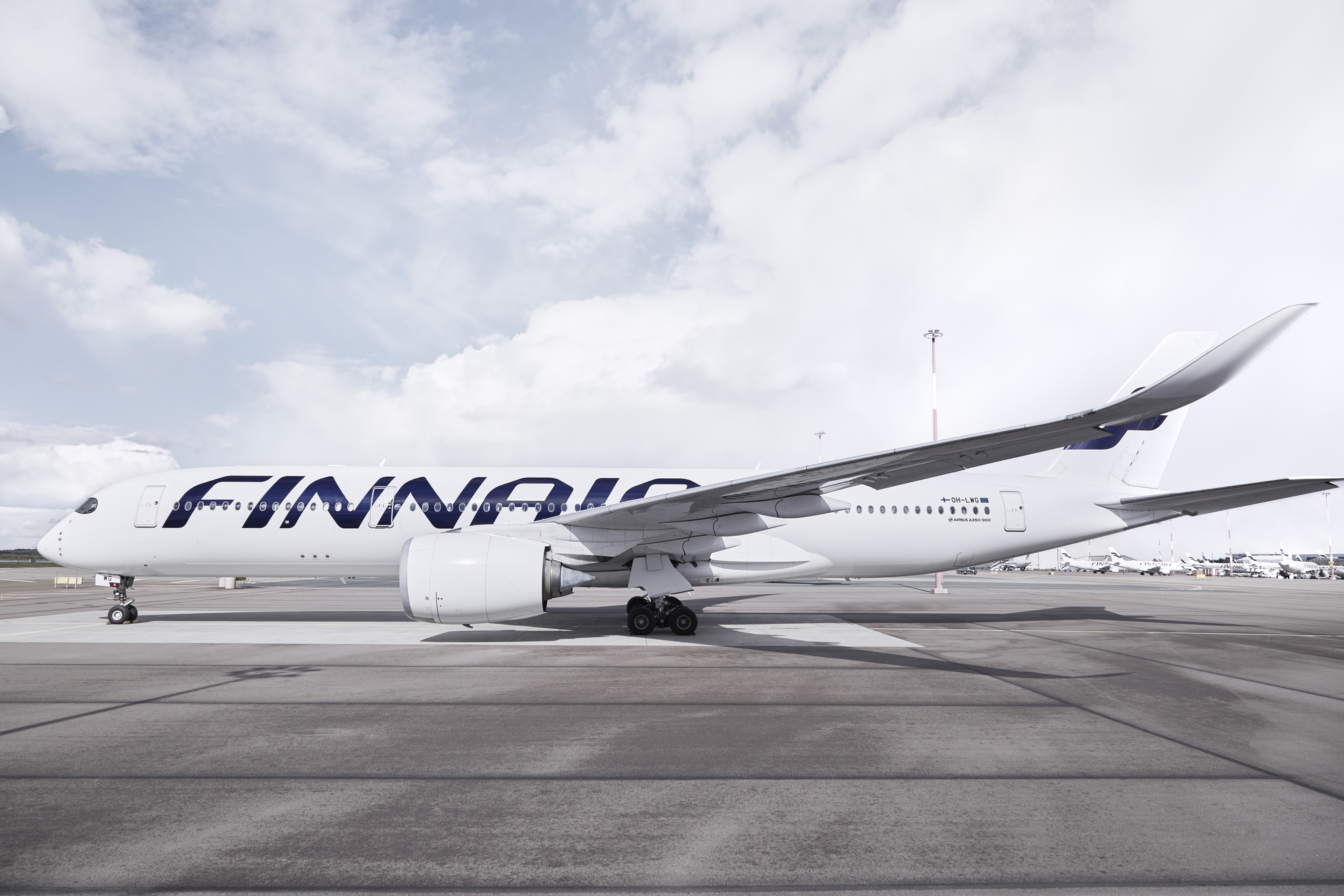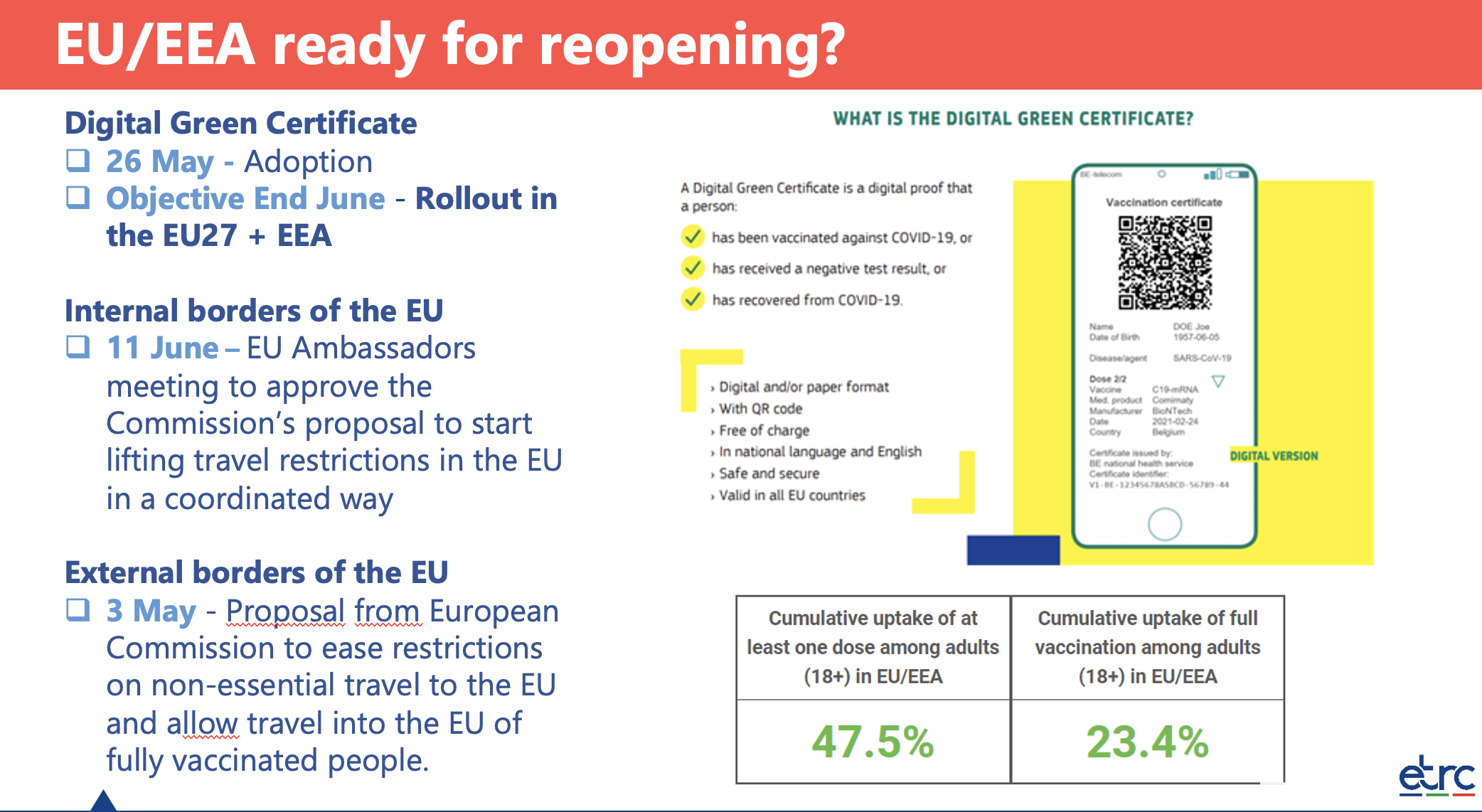NORDIC REGION. A diverse range of speakers from the travel and retail world participated in the opening panel session of the annual Nordic Travel Retail Seminar this morning, where the challenges of the COVID-19 pandemic and the opportunities that have emerged from it were discussed in-depth.
Participating in the discussion – moderated by The Moodie Davitt Report President Dermot Davitt – were Toms Group Travel Retail Director Peter Dige; Finnair Vice President, Global Sales Mikko Turtiainen; Rituals Head of Travel Retail EMEA Lotte Rozemuller; Tallink Group Member of the Management Board Piret Mürk-Dubout; and Nordic Friend CEO Rixin Jiang.
Dige spoke on behalf of Toms Group, the largest manufacturer of candy and chocolate in Denmark. His company owns brands including Anthon Berg, a premium chocolate brand which is prominent in travel retail.
Commenting on the changing nature of airport shopping and signs of recovery, he said: “We are seeing a different purchasing attitude. We will get back stronger than before, but it will take some years before we are back to the normal state. What we have experienced in the last couple of weeks is that the conversion rate is higher [in travel retail] than last year.
“The situation right now is that when people are flying today, they get into the airport much, much earlier than before. And that means that they have more time to spend in airport stores, because they are a little bit unsure of the time needed to get through security, what kind of test they have to show and how long it will actually take to go right through the airport.

“But that is not taking much longer than before COVID-19. And that means that they will have much more time to spend in the tax free area.”
Finnair representative Turtiainen was asked if the airlines, airports, retailers and brands are aligned enough at the right levels for widening selling opportunities to travellers.
He replied: “I think this type of broader ecosystem in regards to retailing can work when you look at the new technologies coming forward.
“When I’m on my airline app, I can get my taxi to the airport, I can make certain reservations at the airports, have certain things waiting for me on the plane. I can maybe even have certain purchases that I’ve made that are already waiting for me at the hotel when I get to the destination.
“Our present [retailing] environment in some ways is in the dinosaur age. And I think we need to get out of that. And we can do it today, especially here in the Nordics; we are digitally native, it’s not like we need to go to the moon.
“People have to be reminded that you’re still there. They will have to choose which is the first destination they want to go to. You need to deliver the message about your product and say how clean and safe it is and the unique experiences you can provide. I feel the Nordic states have some advantages, because after COVID, Chinese people who have a higher purchasing power will look for clean, safe, less crowded destinations” – Nordic Friend CEO Rixin Jiang
“I would say that in the next 18 months, I will be truly disappointed if we don’t have anything new to give. This can be actually a differentiator for us in the airline industry.
“We are putting a lot of investment into digital development, to really make sure that our own platform is a smooth place to make purchases. I think we are in that disruptive time where I think the transformation is going to happen now, so we’re happily on that journey. I think next 12-18 months are going to be exciting.”
Digital has also been uppermost in the mind of wellness brand Rituals – which will open 100 new standalone stores this year – as it tackles the manifold challenges thrown up by the pandemic.

Rozemuller spoke about the importance of partnership between brands, retailers and airports: “We need to think differently because I think the mindset of our customers is different. So I think we need to collaborate here and digital is something that is the future.
“We need to find ways to implement click and collect, for instance, in airports – some of the airports don’t yet have it. Well, we’ve seen the success [of those that do]. So we need airports to work on that with us.
“How easy would it be for our customers that they can pre-order and pick it up at the airport or maybe even home delivery? I think there is really an advantage for the airport retail business if we can we put all of these initiatives together.”
Rozemuller gave high praise to one of its retail partners, Tallink, citing the Estonian cruise and ferry business as a fine example of how close partnerships can work in the travel retail business, particularly in these challenging times.
Mürk-Dubout, Member of the Management Board at Tallink Group, said: “We have more than 7,000 partners and it has been a roller coaster journey [through the pandemic period], but everybody has been helping out, supporting each other and I think that is a very good sign.
“We are innovating within the customer journey, giving them the seamless and contactless experience and what we are working with is really widening the purchasing options – having pre-order, click and collect, even having abilities to order your products into the harbour, into the port, or into the cabins on the ship.

“Customers are more afraid of the physical contact right now. So we are trying to serve them with the different options to shop online, shop pre-order, give them opportunities for private shopping.
“So I think that we all need to join our forces and also to realise that ecommerce is not a threat to the industry or to the domestic retail, but rather is it an opportunity. Let’s have the courage to try new things.”
Nordic Friends is a marketing communications agency based in Helsinki and Shanghai, which helps to promote Nordic brands to the Chinese consumer. The company’s CEO Jiang predicts that international travel from China might not be possible until the Summer of 2022, but the time is now for destinations, not least those in the Nordics, to get ahead of the game and start promoting themselves.
Jiang said: “What we suggest to our clients is that you can’t just disappear [until the China international travelling opens up], you have to keep at least some minimum visibility to the [potential] tourists and see you are here waiting for them even though it’s next summertime.
“People have to be reminded that you’re still there. They will have to choose which is the first destination they want to go to. And then maybe in the wintertime of 2022, you need to deliver the message about your product and say how clean and safe it is and the unique experiences you can provide.
“I feel the Nordic states have some advantages, because after COVID, Chinese people who have a higher purchasing power will look for clean, safe, less crowded destinations.
“So they might turn to somewhere where there is is less people, which is why I think the Nordic destinations with more space and with more sustainable solutions will stand out. But you have to let the message be heard otherwise people will not know what you have to offer, ahead of making their travel decisions.”
Earlier, ETRC President Nigel Keal had updated delegates on several key issues facing the trade in Europe as travel begins. He noted the relatively low level of traffic to date but expressed optimism about some business returning over the Summer months.
Keal expressed concern at the lack of uniformity among member states in their planned reopening of travel, even after the approval of Digital COVID Certificates.
He urged the industry to get behind the destinationsummer.eu campaign in each of their own countries, to promote and lobby for travel in the Summer period.

Among other issues, he updated delegates on the proposed introduction of arrivals duty free, saying much work remained at member state level, with momentum needing to be built in the Nordic states.
He also raised another wider issue – that of passenger ship security – that could have implications for travel retail. An EU study suggested that ship store deliveries could be a possible weakness in the supply chain, something ETRC rejects. The association is contributing to a consultation process highlighting how travel retail is highly regulated and secure.

Another issue raised is the level of allowances of alcohol and tobacco bought duty paid within the EU, as people travel between member states. Here, a Commission proposal aims to tackle “misuse of cross-border shopping arrangements”, with an option on the table that would lower EU allowance limits for duty paid goods. The ETRC is arguing for no change to the current regime. The Commission is expected to make its proposal on the relevant excise directive by Q3.












